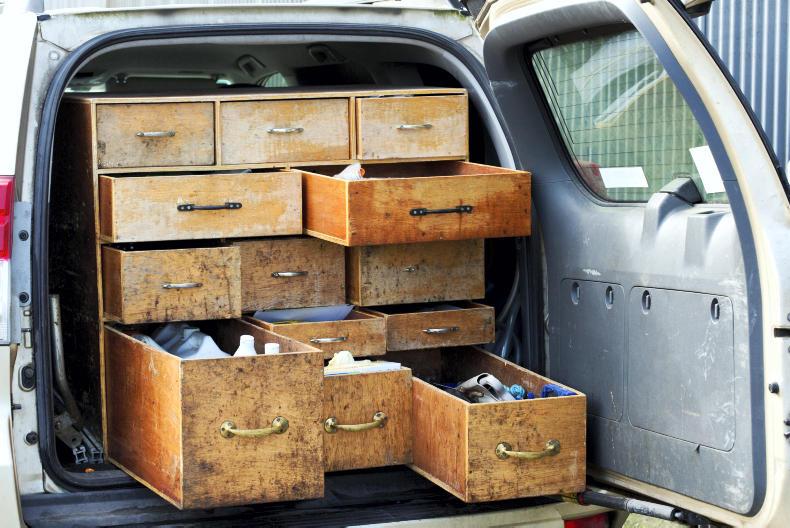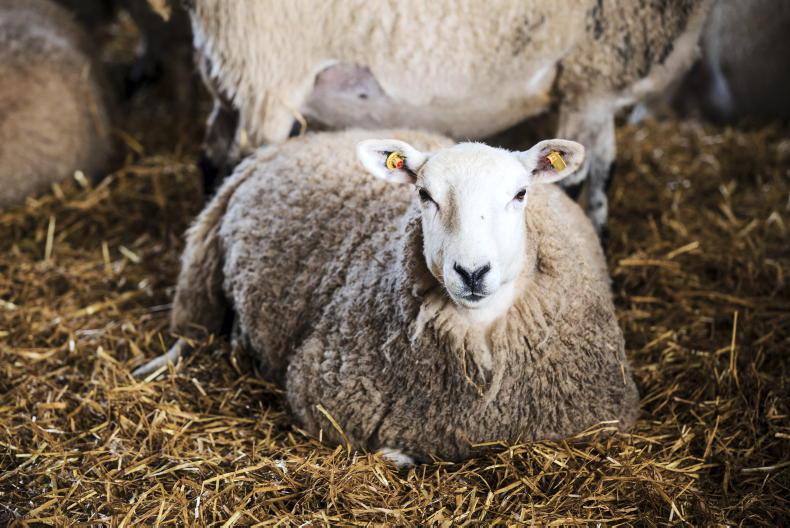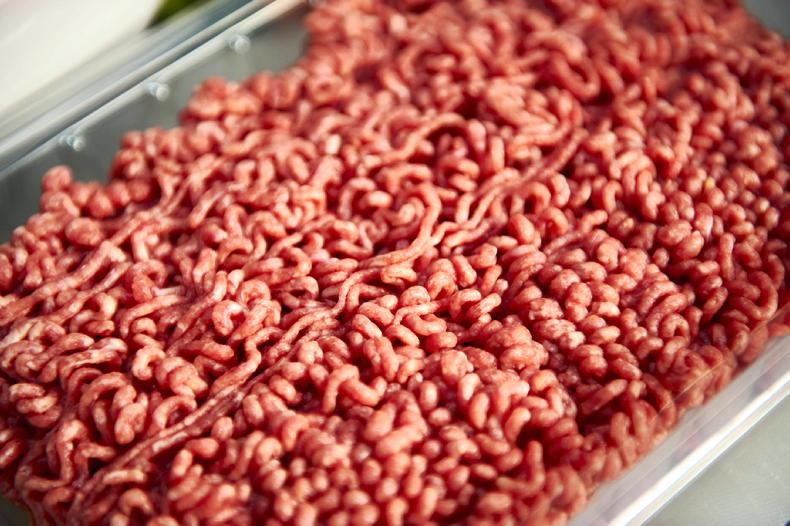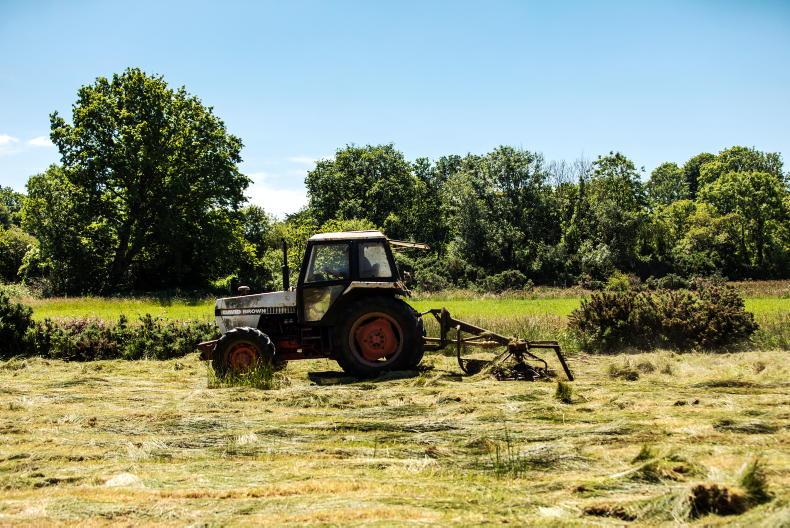The last of weaning is taking place in spring-born suckler herds. It is the most critical period in a calf’s life.
The biggest problem is the likelihood of pneumonia. This can be minimised by meal feeding at grass for a considerable period before weaning, so the calves are well used to getting meal and are eating well before weaning.
Removing the cows in instalments also helps considerably and dosing for hoose in the weeks before weaning will reduce the stress of dosing at weaning time.
Housing is always an issue and when housing, they should be put into a well-ventilated shed, preferably on a straw bed.
The viruses damage the lungs, allowing bacteria to take over and cause severe pneumonia
Slatted sheds with an empty tank underneath can cause updrafts, which are not helpful.
Pneumonia is caused by viruses and bacteria. The viruses damage the lungs, allowing bacteria to take over and cause severe pneumonia.
The main viruses are IBR, PI3 and RSV. The main bacteria are pasteurella.
There are vaccines available to prevent pneumonia and the best person to advise individual farmers on their use is their own vet.
There are both injectable and intranasal vaccines; injectables must be given twice at least two weeks apart in order to attain acceptable immunity, so forward planning is necessary. Intranasal vaccines can give immunity much quicker and are often used in the face of an outbreak.
If severe pneumonia occur s, then treatment will involve antibiotic and anti-inflammatory treatments.
My big problem with that is, by the time we have got samples analysed, the animal will be either dead or past saving
Nowadays, we are threatened with limitation on the use of specific and very useful (if expensive) antibiotics, because of the danger of resistant “superbugs” affecting humans.
We are being advised to only use these treatments after sensitivity tests.
My big problem with that is, by the time we have got samples analysed, the animal will be either dead or past saving.
Therefore, the best advice is to try and avoid the problem by having a proper weaning programme, avoiding stresses such as dosing or castration at weaning, considering vaccination in consultation with your vet, and if you notice sick animals not coming to the trough to eat, breathing fast, or with a snotty nose, have them treated as early as possible.
Don’t be tempted to suddenly wean calves and take them directly to the mart, as the buyer will suffer.
Fintan Graham is principal in a three-vet practice in Mountrath, Co Laois.










SHARING OPTIONS